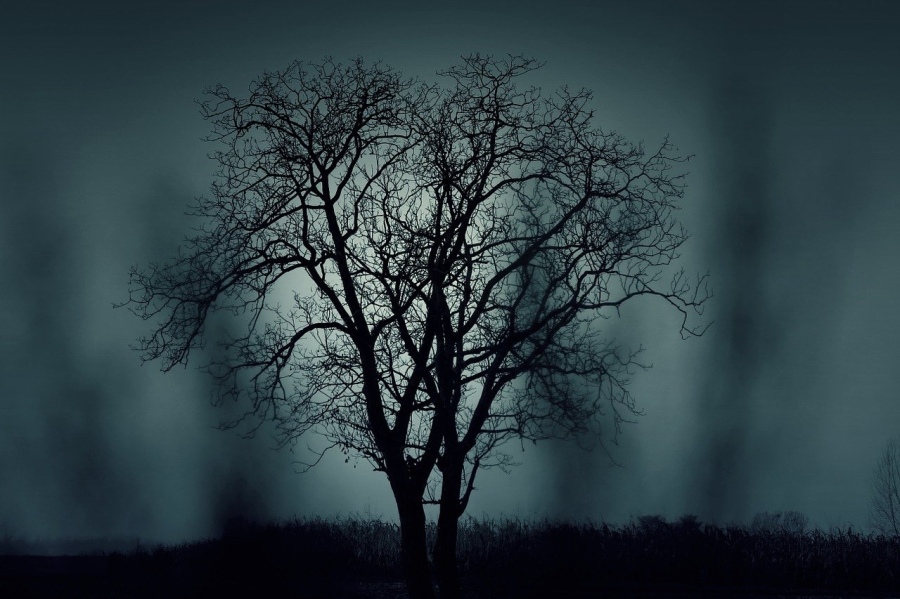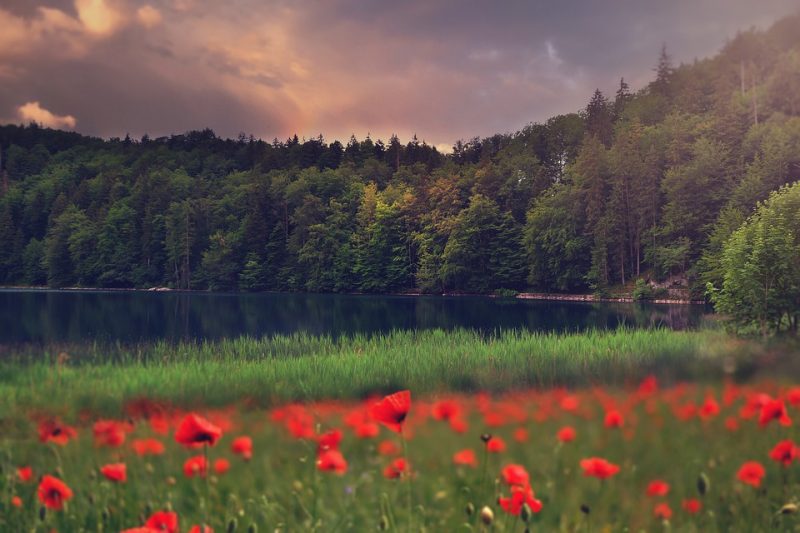Languages hide a vast amount of information about a certain people, their history, traditions and culture. Words, phrases, names can be a huge treasury of lore and beliefs, values and viewpoints. When we speak of the Elves, it is also true. They were the Firstborn Children of Eru Ilúvatar — fair and gifted individuals who placed a great importance on the stars in their culture. I have already discussed in this essay how the role of the stars in Elvish tradition is emphasised in different tales of Middle-earth. In the present essay I am going to consider the usage of the word elen — “star” — in the Quenya language.
Read moreElenion ancalima.








